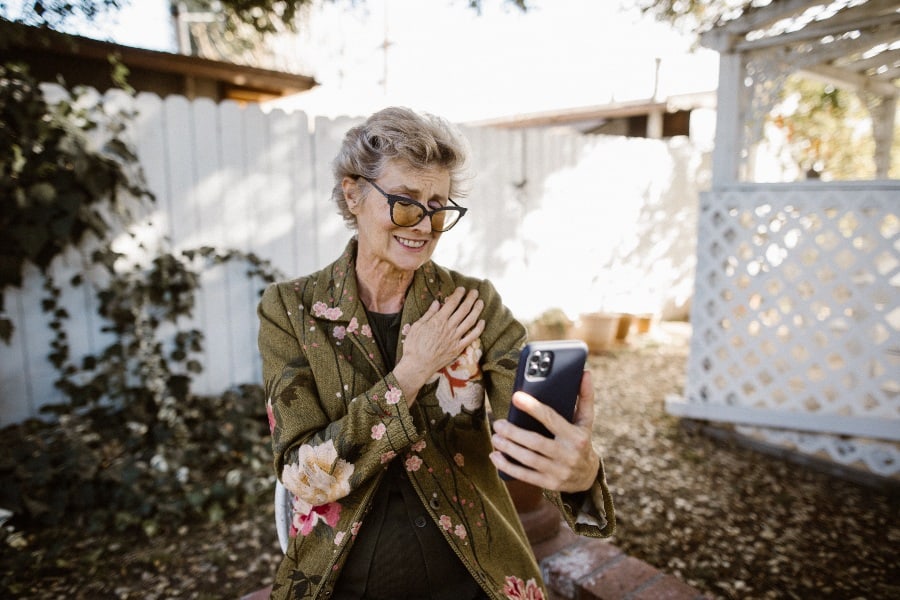University of Stirling research looks at how technology can support elderly at home
New research undertaken by housing and ageing experts at the University of Stirling has found that introducing low tech gadgets and everyday technologies to retirement living schemes has a major impact on residents health and wellbeing.
Led by Dr Vikki McCall in partnership with leading housing association Stonewater, the study, funded by the Longleigh Foundation, sought to find out how technology could best support retired living residents.
Researchers found gadgets such as Fitbits, hot water dispensers, jar openers and smart speakers, which enabled small changes to residents’ daily life, had a transformative effect on their wellbeing and safety.
The findings are contained in a new report ‘Promoting Inclusive living via Technology-Enabled Support’, which makes several recommendations for UK and devolved governments, local authorities and housing associations, as to how assistive and everyday technologies can be implemented to improve the quality of life of residents and promote inclusive communities.
Dr McCall, a senior lecturer in Social Policy and Housing at the University of Stirling, said: “The evidence highlights a strong and recurrent theme where minor improvements to the day-to-day living of older people living in supported accommodation sites, can have the biggest impact and that routine changes can have a transformative effect. This can be from making a cup of tea independently, to joining a ‘Fitbit’ walking group or receiving medication reminders on your tablet.”
The research included interviews with staff and residents at four Stonewater retired living accommodation schemes across England, to identify which technology might improve living and working conditions. The technology or ‘gadget’ was then introduced, with researchers recording people’s experiences.
Dr McCall said: “Each piece of tech introduced was based on supporting real life barriers and challenges, as well as enhancing social opportunities and connectedness. Providing assistance with simple, routine tasks was acknowledged to make a significant difference to people.”
One member of staff involved in the research said: “Everything that’s been provided has made somebody more independent. Some of those small, simple gadgets like the plate, the angled spoon, the jar-opener, are amazing. Something as small as that which really does challenge someone, is huge in their lives. It’s those little, small things which have a huge impact.”
The most popular items included Fitbits, hot water dispensers, a range of jar openers, tablets, radios, inclusive gardening equipment, magnifiers and Alexa-voice activated technology.
“This re-conceptualisation of technology – to include low-tech gadgets alongside state-of-the-art digital technology, shows technology as more of a process and that both high and low-tech solutions can play a critical role in daily life, supporting individual well-being, social connectedness and feelings of independence.” Dr McCall added.
Nicholas Harris, CEO at Stonewater, said: “The focus of this study was driven by increasing interest within health and social care policy in assisted living technologies as tools to enable older people to retain independence within their own homes.
“The report has found that technology can play a key role in promoting positive outcomes in people’s lives, but effective implementation requires focus, investment and ongoing support as people’s needs and technology change.”
Dr McCall continues: “We also identified some barriers to using technology, including concerns about privacy, annoyance with advertising and a need for help in setting up and maintaining the technology.
“There is a clear need for extra support to be able to use devices and software more effectively – including a requirement for further investment in solutions to overcome barriers related to resources and infrastructure, such as staff training, WiFi and mobile connections.”
Recommendations include increasing investment in connectivity infrastructure, revising procurement processes relating to technology and creating grant mechanisms alongside advice hubs for staff and residents, as well as setting up technology recycling systems.



